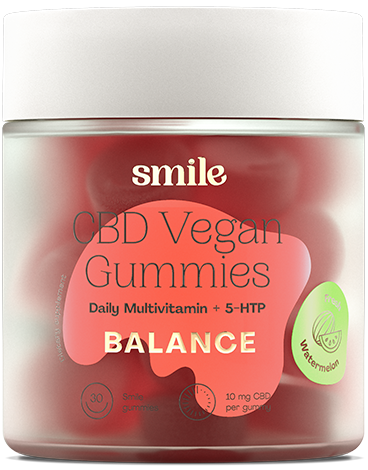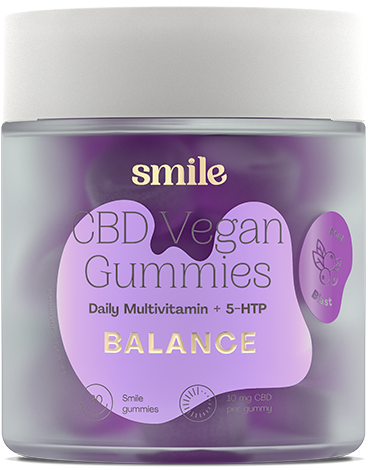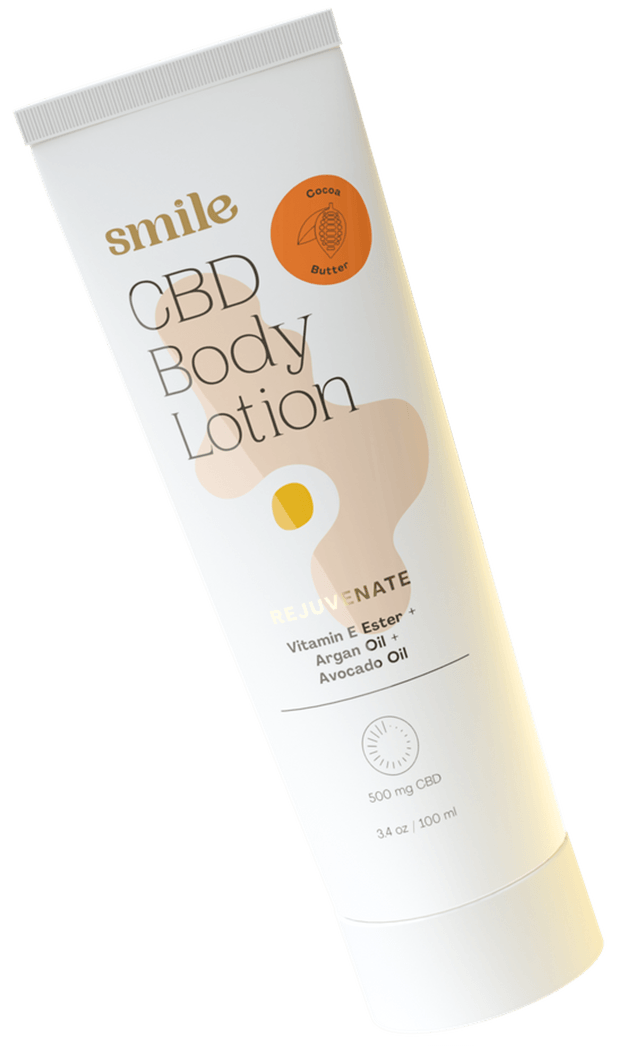You’ll find it just about anywhere, and seemingly in just about everything, but what is CBD, exactly? The short answer is, it’s a cannabis compound at the center of some of the most exciting and important recent breakthroughs in health, wellness and medicine. The longer answer is that CBD is a pharmacologically complex chemical that interacts with and affects our bodies in more than a dozen different ways through multiple biological pathways that medical researchers and scientists are really only beginning to understand. So let’s start with the basics: what is CBD, where does it come from and what can it do to increase your health and wellbeing?
The Roots of CBD: Hemp and Whole-Plant Marijuana
CBD stands for cannabidiol, one of the phytocannabinoids produced by cannabis plants. Both industrial hemp and whole-plant marijuana are varieties of cannabis, and both produce CBD, albeit in different quantities.
In marijuana, CBD is the second-most abundant phytocannabinoid—or plant cannabinoid—in the plant, after THC, which is the most abundant. In industrial hemp, CBD predominates, since hemp has been cultivated to minimize the production of THC (tetrahydrocannabinol). In fact, the legal definition of hemp is any cannabis plant or product with less than 0.3% THC.
CBD Provides Numerous Medical, Health and Wellness Benefits
What is CBD, then, if it doesn’t produce sensory or psychological effects? Instead of producing a “high,” CBD activates dozens of other biological pathways in your body. That’s what makes cannabidiol such a powerful therapeutic compound. The way CBD interacts with the body and its major systems is the foundation of the numerous medical, health and wellness benefits it provides.
In addition to previous research, there are currently more than 60 active clinical trials investigating the effectiveness of CBD for a variety of conditions. On top of that, there are thousands of consumers and patients who attest to the health and wellness benefits of CBD.
One of the most well-documented and thoroughly researched benefits of cannabidiol is its ability to relieve pain. The root causes of pain are almost always some kind of inflammation, and chronic inflammation is a driving factor in virtually all chronic disease and chronic pain.
What is CBD Doing to Drive Innovation in the Cannabis Industry?
Recent changes to federal law have made industrial hemp-sourced CBD legal across the United States. As a result, CBD products are now more widely available and popular than they have ever been. And the intense medical and scientific interest in this powerful plant compound continues to provide evidence to support cannabidiol’s wide-ranging therapeutic effectiveness.
CBD’s immense medical promise is revolutionizing the cannabis industry, too. Plant breeders and cultivators are beginning to produce cannabis strains rich in CBD and low in THC, and manufacturers are finding new, innovative ways to infuse CBD into countless products, from tinctures to topicals and everything in between.
CBD offers consumers more than one reason to smile.
What is CBD Good For?
CBD can reduce pain and inflammation at the source. That’s because it interacts with the body’s endogenous cannabinoid system, commonly referred to as the endocannabinoid system or ECS. The ECS plays a major role in how the body processes pain signals. Introducing cannabidiol into the ECS inhibits the body’s ability to absorb pain-regulating compounds, which in turn reduces pain and suppresses inflammation.
The proven anti-inflammatory properties of cannabidiol are at the root of its abilities to treat numerous other conditions. CBD’s anticonvulsant effects can stop epileptic seizures and reduce their severity. It’s ability to protect nerve cells from damage and degeneration can help to treat serious neurological diseases like Alzheimer’s, multiple sclerosis and Parkinson’s. It’s powerful tumor-inhibiting effects can slow the progression of many types of cancer, including breast, lung, prostate and colon cancer.
In addition to providing multiple benefits for the body, CBD is also good for the mind. Cannabidiol can have profoundly positive effects on mental health, whether it’s balancing your mood, fighting symptoms of anxiety or depression or treating post-traumatic stress disorder (PTSD). CBD can even help to reduce feelings of anxiety in social and professional situations.
Cannabidiol is also showing immense promise as a treatment for addiction. In the first place, CBD’s pain-relieving and anti-inflammatory properties make it a safe and effective alternative or adjunct to opioid pain medications, which can reduce the risk of dependency. But CBD can intervene in a number of other addictive behaviors caused by dependency and abuse, such as addiction to cocaine and other stimulants, addiction to nicotine and alcoholism. CBD helps with use disorders because it can ease the anxiety that accompanies cravings and withdrawal symptoms, making it easier for people to kick their habit for good.
What is CBD Doing to Drive Innovation in the Cannabis Industry?
Recent changes to federal law have made industrial hemp-sourced CBD legal across the United States. As a result, CBD products are now more widely available and popular than they have ever been. And the intense medical and scientific interest in this powerful plant compound continues to provide evidence to support cannabidiol’s wide-ranging therapeutic effectiveness.
CBD’s immense medical promise is revolutionizing the cannabis industry, too. Plant breeders and cultivators are beginning to produce cannabis strains rich in CBD and low in THC, and manufacturers are finding new, innovative ways to infuse CBD into countless products, from tinctures to topicals and everything in between.
CBD offers consumers more than one reason to smile.
What is CBD Research Currently Investigating?
Below you’ll find a selection of just some of the most current and exciting studies into the medical and therapeutic uses of CBD for health and wellness
Is cannabis an effective treatment for joint pain? — 2017
Medical cannabis and insomnia in older adults with chronic pain: a cross-sectional study — 2020
Medicinal cannabis for psychiatric disorders: a clinically-focused systematic review — 2020
Cannabis and Neuropsychiatric Disorders: An Updated Review — 2019
Cannabinoids and the expanded endocannabinoid system in neurological disorders — 2020
Cannabinoids suppress inflammatory and neuropathic pain by targeting α3 glycine receptors — 2012
Cannabidiol as an Intervention for Addictive Behaviors: A Systematic Review of the Evidence — 2015



